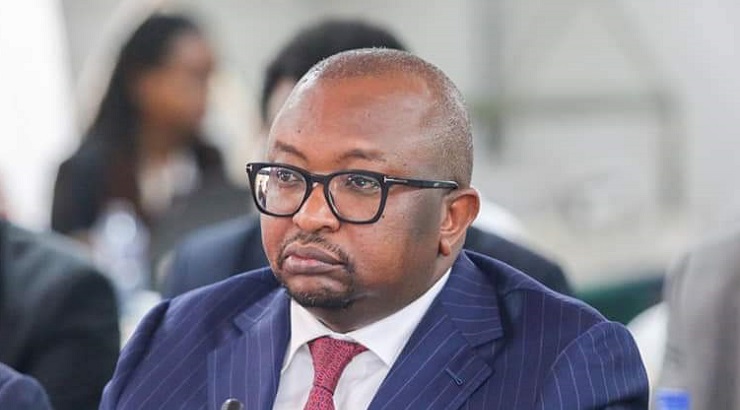Industry News
Kenya Bets on South Korean Tech to Solve Housing Woes
Aluminum formwork enables faster construction with reusable molds.

Kenya is betting on South Korean technology to solve its housing woes, inspired by South Korea’s success with big housing projects and modern building techniques.
The country is focusing on innovative Korean construction methods to support its ambitious housing goals of building 200,000 new housing units annually.
In a recent interview with The Korea Herald, Charles Hinga, the principal secretary of the State Department for Housing and Urban Development, said the government was leveraging Korean technology to meet Kenya’s housing needs.
“Our goal is to build 200,000 housing units annually, and we’ve already started over 100,000 units since July 2023,” Mr Hinga said.
Kenya is particularly betting on aluminum formwork, a construction technique that enables faster and more efficient building processes with reusable molds.
Funding for Kenya’s affordable housing program comes from various sources, including a newly introduced housing levy that collects $60 million monthly.
“Our target is to get close to about $75 million a month,” Mr Hinga explained.
He reassured that the country has the financial resources to pay for these technologies and encouraged Korean builders to collaborate with Kenya in constructing affordable homes and developing new housing technologies.
RELATED: Kenyan Builders Urged to Adopt Brazilian Technologies
During his visit to South Korea for the World Smart City Expo from September 3 to 5, Mr Hinga explored innovative solutions in urban development and housing, some of which he hoped to replicate in Kenya.
The secretary envisioned a groundbreaking housing development in Kenya, with uniform designs: Block A for social and affordable housing, Block B for affordable and market-rate units, and mixed-use developments with retail spaces and amenities for up to 10,000 residents.
The plan also includes essential social infrastructure such as schools and hospitals.
“It takes time, but ultimately we want them (Korean companies) to set up production in Kenya,” Mr Hinga said.
RELATED: 7 Building Technologies That Can Save You Money
He urged Korean builders to come to Kenya and contribute to designing affordable housing, highlighting that Kenya’s growing demand for advanced construction technologies, like lifts, presents a significant opportunity for Korean companies.
Mr Hinga suggested that Korean companies could benefit from Kenya’s skilled labour force, special economic zones, and robust infrastructure.
However, he acknowledged the challenges Nairobi faces, including high land costs, low wages, and inadequate public transport, which contribute to the proliferation of informal settlements and slums.
To mitigate the high construction costs, which account for 45% of development expenses, the government has introduced VAT exemptions on building materials.














